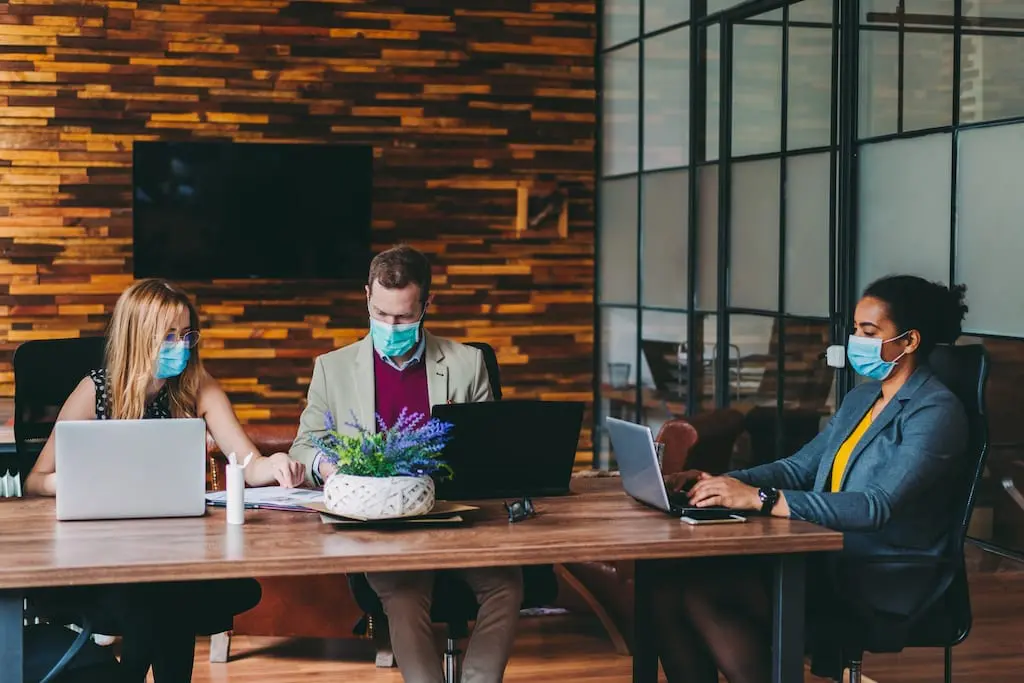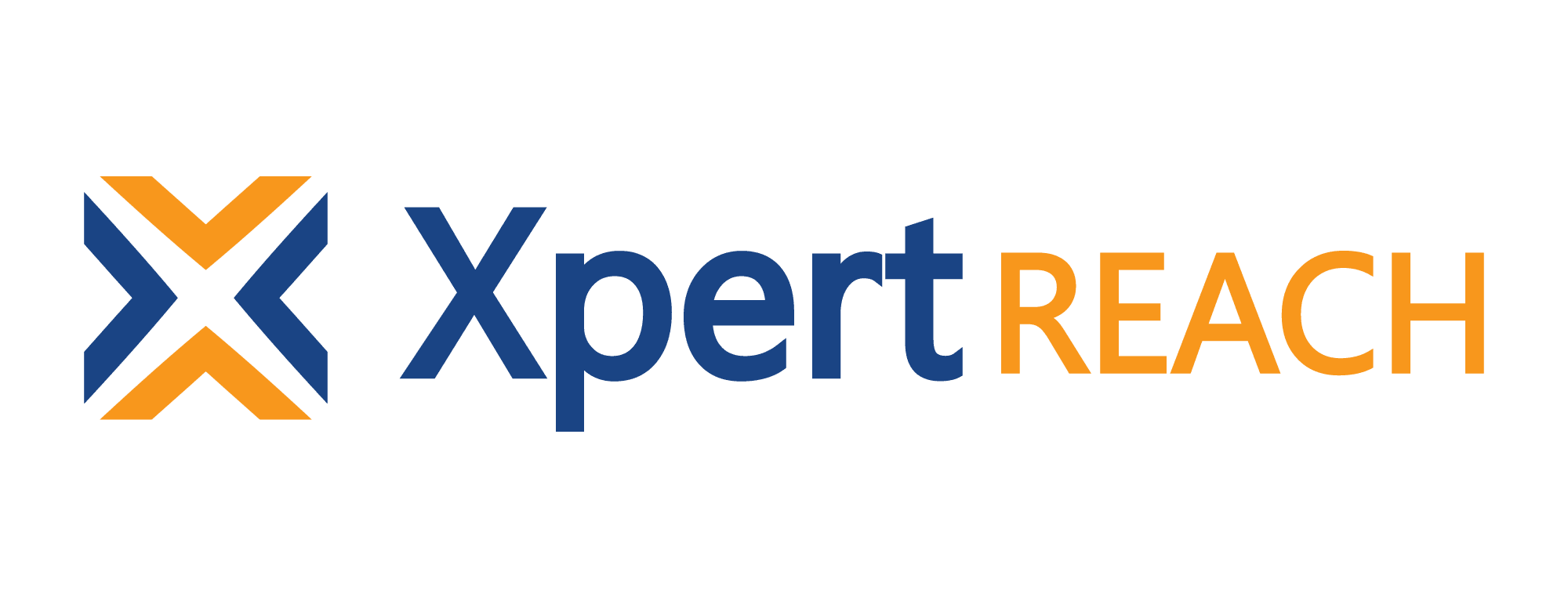Employee engagement
- August 28, 2020
- Posted by: publisher@xpertreach
- Categories: Gig economy, People & Talent

in the new normal and the strengthening of the Gig economy post Covid
By Praveen Menon
Covid-19 pandemic unrest practically started mid-March ’20, and India, along with many other countries, adopted an approach of imposing lockdowns – with the hope that this would bring cases down. But this has not played out the way it should have been in every country. In lot of countries, there are fresh outbreaks; the Covid-19 infection rate has not receded in India either. The longer the virus lasts, the more damage it will do to the economy. Hence, economies across the world are forced to slowly open, which essentially means that the employees will be expected to return to their offices though as per the new normal.
Employers and their HR teams need to be proactive, strategic, and thoughtful in their approach so they may create cultures of certainty, confidence, and safety amidst the current incertitude. As part of their return-to-work plans, many companies are initially focusing on the physical aspects of the workplace by reconfiguring the workspaces to allow more physical distance between the employees. This also essentially means that companies will have to establish long-term Work from Home policies (WFHP) and create the requisite IT infrastructure for a seamless work-from-home experience. An employer’s responsibility should not be restricted to safe physical spaces in the offices alone. The infection may happen anytime, anywhere. From stepping outside the home till reaching one’s office, an individual encounters several scenarios where he/ she may come in contact with the contagion. The corporate will have to think hard about guarding this travel cycle against the possibilities that may aid the spread of the infection.
The true challenge, however, is ensuring the psychological and emotional stability at the workplace. Leadership needs to recognize that many employees may have been either traumatized or significantly burdened by this COVID-19 ordeal. These wounds will be slow to heal, especially with prospects of a widely available effective vaccine still some time away.
Hence, some of the actionable that employers can put in would be as under – a few are vital, and the rest shall be mandatory procedures.
Temperature screenings will likely become the norm. Sanitizer dispensers should be located throughout the workplace, along with signages reminding employees to regularly wash their hands and avoid touching their faces.
Involve employees in the process of creating safe workspaces. Consider the formation of an employee safety task force that can work collaboratively with HR to implement new policies and procedures. This will help employees get a sense of empowerment and buy-in.
Focus on wellness. Some employees may have neglected their health during the shutdown. They may have missed scheduled doctors’ appointments due to exposure concerns, forgotten to take prescribed medications, strayed from healthy eating or exercise routines, or adopted unhealthy behaviours, such as smoking or drinking in excess. Also, create broad guidelines such as specified meeting hours, no meeting days, etc. Encourage employees to take leaves. Introduce virtual happy hours to connect employees, who are working remotely with those who are back in the workplace, to spread bonding and camaraderie among them.
Introduce company-sponsored Employee Assistance Programme (EAP) to employees and encourage them to take advantage of the program. Depression and anxiety are some of the expected outcomes of the current pandemic. It is vital to nip such outcomes in the bud.
Train supervisors on the warning signs of depression and anxiety, and how to deal with employees who seem to be suffering. As employees may not be physically present in front of you, it is important to know their pulse and what they are going through. Managers need to understand what stress ‘looks like’ as it is different for everyone. They should also introspect if they, the managers, themselves are the stress creators – consciously or sub-consciously.
Have policies around Covid-19 – from banishing stigma attached to the pandemic to helping employees with quick testing and reimbursements to providing additional leaves to ensuring timely medical treatment of the employees and their family members, if possible.
Issues in mindset shift towards Meritocracy and par excellence pursuit
The past few months have made everyone introspecting their Life Cycle and its correlation to their job. The meaning of ‘Quality of Life’ has suddenly taken a different turn, and a sense of purpose towards Life is what people seem to be seeking today. Many employees have started mooting the thought that since Life is bigger and better, the job should just be a way to sustain life and not vice versa. This thought also gives a rise to mediocrity at the workplace as the pursuit of excellence and going an extra mile for career progression may no longer be something to crave for. Traditionally, companies have always believed in meritocracy, excellence, and talent differentiation. However, with this new mindset expected to occupy peoples mind, organisations will have to be ready to be more inclusive. Therefore, business strategies, Corporate Social responsibility, culture offerings, and hiring methodologies are also expected to go through a complete revamp.
Drastic change in skillset requirement and the Gig Economy
As we collectively move towards re-opening the businesses, there is no clarity on the work-life aspects that will return to normal and those altered as part of the ‘new normal’. In moments like these, people who can adapt and adjust to the new reality will not only survive but also come out ahead eventually. Now is the time to make sure you have the skills which are needed not only now but in three or five years down the line. With most of the business moving towards Digital pathway, the requirements of skillset would be the ability to create an impact in the new “Phygital” world.
There will be new skillset requirements such as cloud technology specialists, data security professionals, digital automation experts, data scientists, etc. emerging from the post-Covid world. However, in the so-called “Phygital” world, the requirement of every role would demand a skillset of just not knowing what the technology can do but also the know-how of amalgamating that technology with the operations, thus ensuring effective functional delivery. For instance – can the sales team acquire additional skills to conduct effective webinars, invite their potential customers, subsequently impact sales numbers? Similarly, can HR professionals use technology to identify and hire talent through a virtual medium platform? Or, can culture specialists engage their employees and create an identity of oneness in the company? All these would be a requirement of the future.
The pandemic’s impact on the economy would force organisations and employees to move out of the traditional ‘Employer-Employee’ relationship, which in-turn would lead to a faster progression of the GIG economy. Quality talent would be available in the market for short term/long term assignments. This would lead to a win-win situation for the candidate and organisation. The expectation is that many companies would come up as an intermediary to fill up the gap and connect the Gig Economy candidates with suitable organisations.
In the last four decades of our history, this is the worst that has hit us. But it also means that that the recovery from the pandemic is offering us a chance to bring a new revolution. We can now start fresh, build systems and processes to anticipate, and withstand the unforeseen crisis. Our preparations will help us tide over and succeed challenges of epic proportions in the future.
Published with permission of the author. Only the headline has been modified by the Editor. The author is Chief People Officer, IndiaFirst Life Insurance Company Limited. Views expressed are personal. This article was initially published in the Financial Express https://www.financialexpress.com/jobs/returning-to-offices-build-the-workforce-you-need-post-covid-19-lockdown/2062992/
Leave a Reply
You must be logged in to post a comment.
